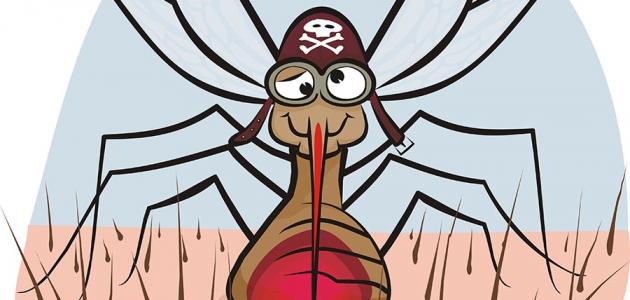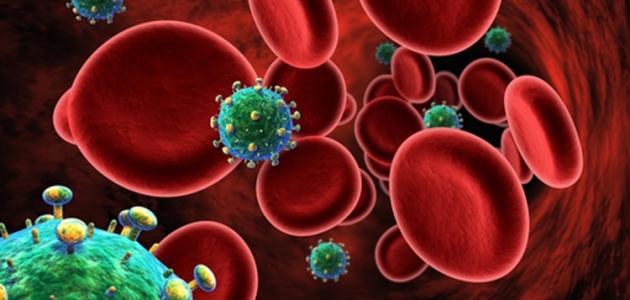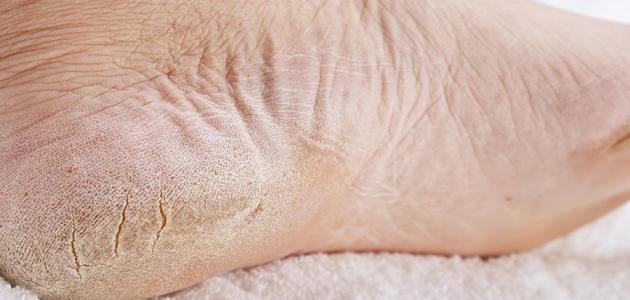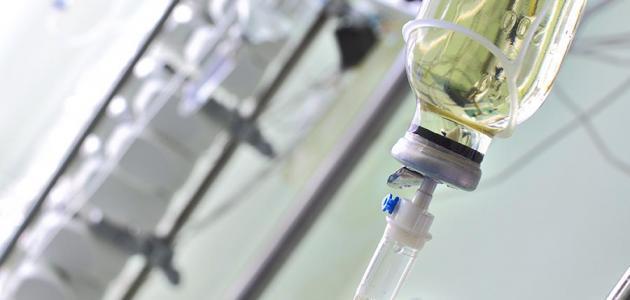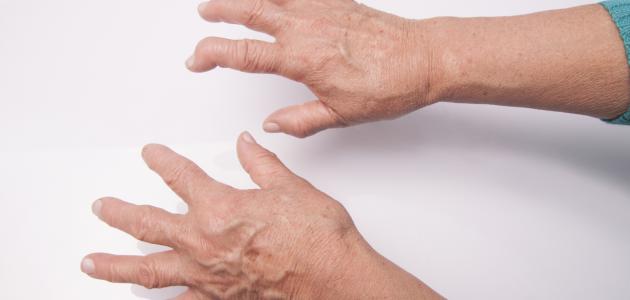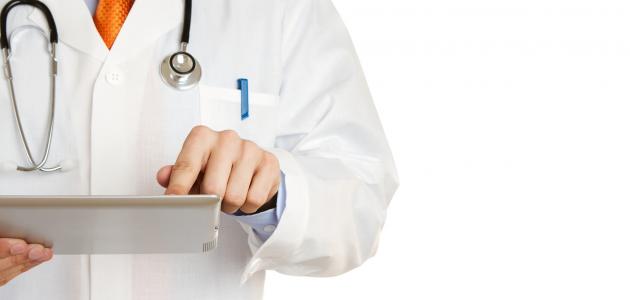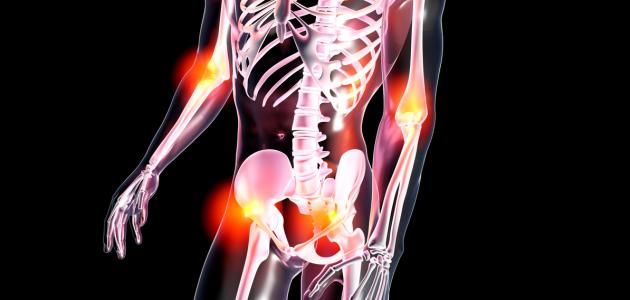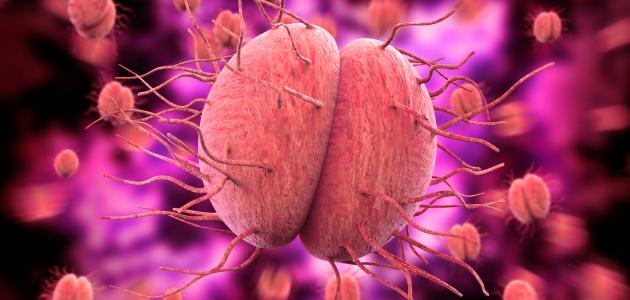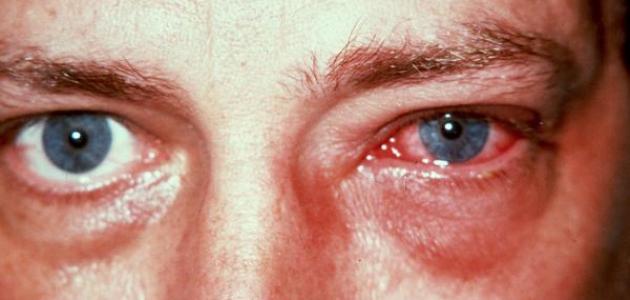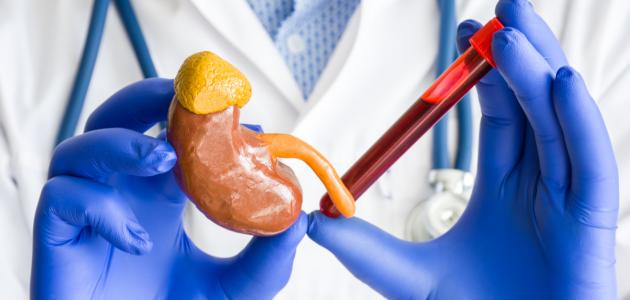Contents
Malaria
The disease of malaria endangered diseases life, This disease is transmitted by infected mosquitoes parasite called with P. or Plasmodium , and after the bite of this mosquito to the human parasite object to his blood enters, and then moves to the liver where complete stages of maturity and development, and then moves Red blood cells and destroy them, leading to the emergence of a group of symptoms in the form of repeated attacks, each of which lasts for two to three days. It is worth noting that, according to the World Health Organization, nearly 216 million cases were recorded in 91 countries around the world in 2016, and it is reported that the majority of these cases were in tropical and subtropical regions. [1]
Symptoms of malaria
Usually symptoms of this disease appear within ten days to four weeks of exposure to infection, and doctors divide the possible symptoms of malaria into two main parts, namely: [1] [2]
- Uncomplicated malaria : In this case, the patient shows some of the following symptoms without suffering from any severe symptoms or indicating damage to one of the internal organs of the body. :
- Chills and feeling cold.
- Have a fever, headache , and vomiting .
- Having seizures in some of the younger children.
- Excessive sweating and a feeling of physical tiredness and fatigue.
- Severe malaria: In this case, a group of symptoms and laboratory evidence appear that indicates a defect or damage in one of the body's organs, and these symptoms include the following:
- Incidence of fever and chills .
- Disturbed consciousness.
- Having seizures frequently.
- Shortness of breath or difficulty breathing normally.
- Abnormal bleeding and signs of anemia .
- Infection with jaundice , which is known among people as jaundice.
Malaria treatment
The treatment of malaria depends on the use of one or more types of anti-malarial drug treatments, and these drugs may cause some side effects such as nausea , headache, mouth ulcers , ringing in the ears, blurred vision, and increased sensitivity to sunlight. It should be noted that the doctor chooses the appropriate medicine for treatment based on several factors such as the type of parasite causing the infection, the severity of the disease, the health status of the infected person, and based on the geographical area in which the patient was exposed to the infection. Among the medicines that are used are the following: [3] [4]
- Chloroquine: It is possible to use this drug as a treatment or preventive option against infection, and it works against more than one type of parasite that causes the disease.
- Quinine: This drug is only used as a treatment option. As it cannot be used to prevent disease. It should be noted that it is usually used in combination with another drug in treatment-resistant cases.
- Proguanil and atovaquone: This dual combination can be used in the treatment and prevention of some cases of malaria, but it cannot be given to pregnant women or infants.
- Muflukwiyn: plays this drug an important role in the prevention and treatment of malaria resistant to drug treatments, but it is associated with the occurrence of some side effects of psychological, so it should not be the use of medication in the treatment of people with a mental illness , whether in the present or in the Earlier.
- Albraimakowin: This is the most effective drug in the treatment of malaria caused by the parasite Plasmodium vivax (scientific name: Plasmodium vivax), and it should be noted that this drug is not a viable option for patients Altvol.
- Quinidine gluconate: It can be given as an intravenous injection, and is used as an option in severe and complex cases of malaria, and it should be used in conjunction with one of the following antibiotics: doxycycline , or tetracycline (in English: Tetracycline or clindamycin.
Prevention of malaria infection
There are drugs that can be used to prevent or reduce the risk of contracting malaria if you travel to an area where the disease is spreading, and scientists are currently working to develop some promising vaccines that can contribute to preventing malaria, and it is possible to prevent malaria by protecting the body from exposure to the mosquito that transmits the disease. This can be done by using a long-acting insecticide-treated bed net in areas where this type of mosquito is abundant; Spray homes with insecticide. [5]
Malaria complications
Malaria is considered a dangerous disease, as mentioned previously, that can cause death if not treated, and according to the Centers for Disease Control and Prevention, approximately 91% of deaths were recorded in Africa, especially among children who They reach less than five years of age, and the cause of death in these cases is often the occurrence of one of the following complications: [6]
- Cerebral malaria: It is possible that the red blood cells that have been settled by the parasitic organisms may cause a blockage in the small blood vessels in the brain, and this may lead to a swelling or an imbalance in the brain, and the patient will suffer from seizures and enter a state Coma in some cases.
- Breathing problems: These problems occur because of fluid accumulation in the lungs and cause difficulty breathing.
- Organ failure: The disease may lead to liver or kidney failure, or a rupture of the spleen, and the occurrence of any of these disorders is life threatening.
- Anemia: Malaria destroys red blood cells, which exposes the patient to developing anemia.
- Low blood sugar: In severe cases of malaria, the patient may suffer from a low level of sugar in his blood, and the quinine medicine used to treat malaria may cause hypoglycemia as a side effect of its use.
Diagnose malaria
The doctor diagnoses malaria by inquiring about the person’s medical history, and asking him whether he has visited a tropical region recently, and the doctor also examines him physically. This helps him to detect some cases of enlarged liver or spleen. In the event that the patient has symptoms indicative of malaria, the doctor will then order a blood test to confirm whether or not he has malaria. [1]
References
- ^ A b v "Malaria" , Www.healthline.com , 8-12-2018. Edited.
- ↑ “What to know about malaria” , www.medicalnewstoday.com , 8-12-2018. Edited.
- ↑ "Malaria Medication" , www.medscape.com , 8-12-2018. Edited.
- ↑ “Malaria Prevention and Treatment” , www.everydayhealth.com , 8-12-2018. Edited.
- ↑ Malaria , www.who.int , 8-12-2018. Edited.
- ↑ “Malaria” , www.mayoclinic.org , 12-8-2018. Edited.
